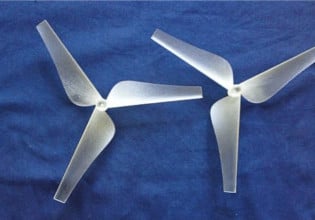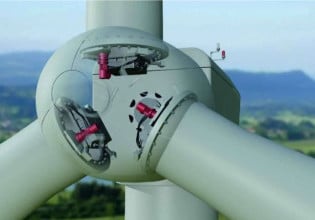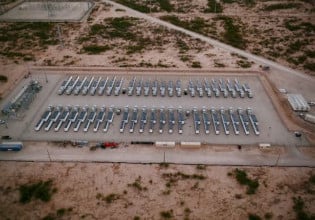EPRI Releases Report On Energy Savings & Carbon Emissions Reductions Enabled By A Smart Grid
The Electric Power Research Institute (EPRI) has completed an analysis showing that deployment of a "smart grid" could potentially reduce annual U.S. energy consumption by 56 to 203 billion kWh in 2030, corresponding to a 1.2 to 4.3% reduction in projected retail electricity sales in 2030. In addition, a smart grid can facilitate greater integration of renewable generation resources and greater deployment of plug-in hybrid electric vehicles.
The combined deployment of seven applications enabled by a smart grid could reduce CO2 emissions by an estimated 60 to 211 million metric tons in 2030. A smart grid is one that incorporates information and communications technology into every aspect of electricity generation, delivery and consumption in order to: minimize environmental impact; enhance markets; improve service; reduce costs and improve efficiency.
"There is a lot of buzz about developing smart grids," said Arshad Mansoor, Vice President of Power Delivery and Utilization at EPRI, "and this report shows the significant impact smart grid technology may have on energy consumption and reducing carbon emissions. " EPRI’s IntellliGrid ® research program has focused significant attention on smart grid technologies and impacts, and this study adds important new information."
Mansoor said that this is one of the first studies to quantify potential energy savings and emissions reduction impacts of a smart grid. The report is intended to provide utility professionals and policy makers with an understanding of the range of benefits enabled by a smart grid infrastructure. The findings have been released in a report titled, "The Green Grid; Energy Savings and Carbon Emissions Reductions Enabled by a Smart Grid."






